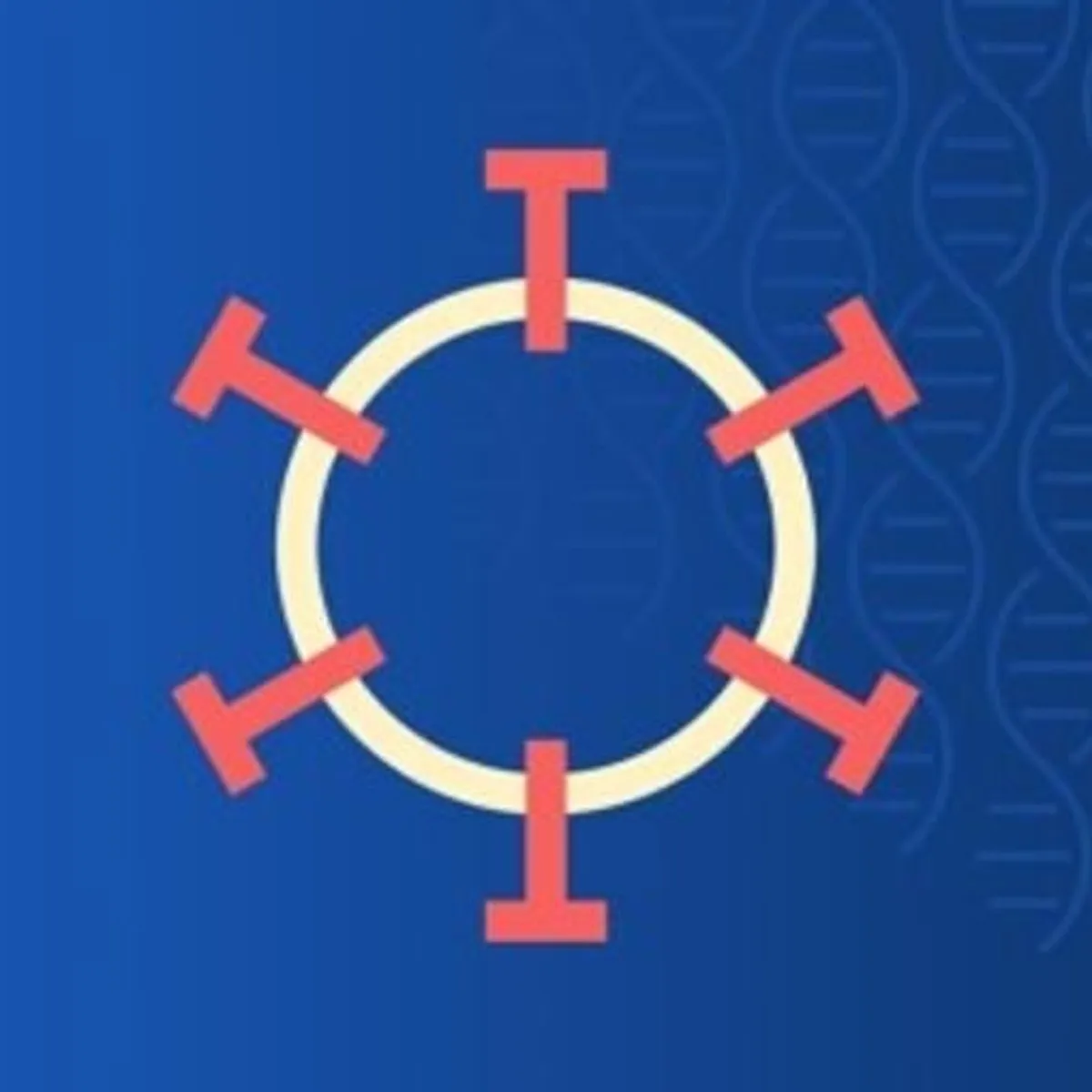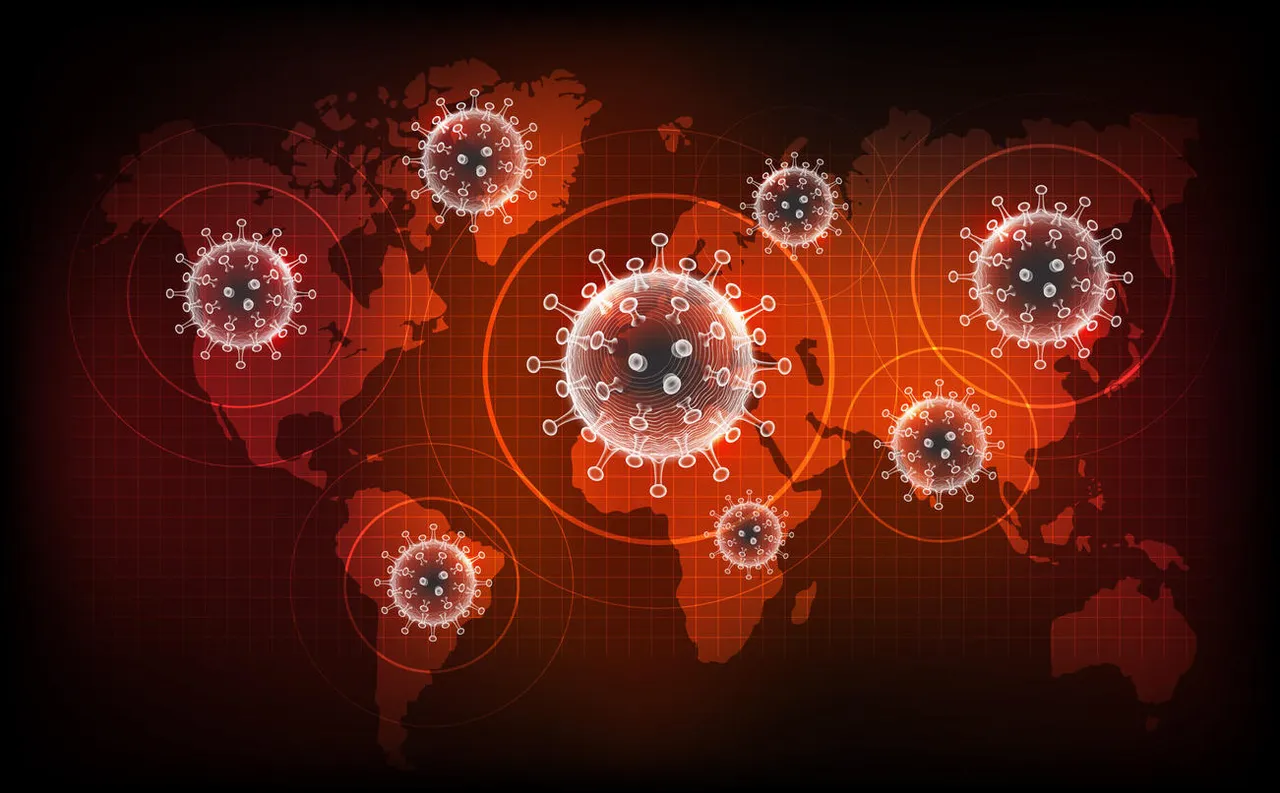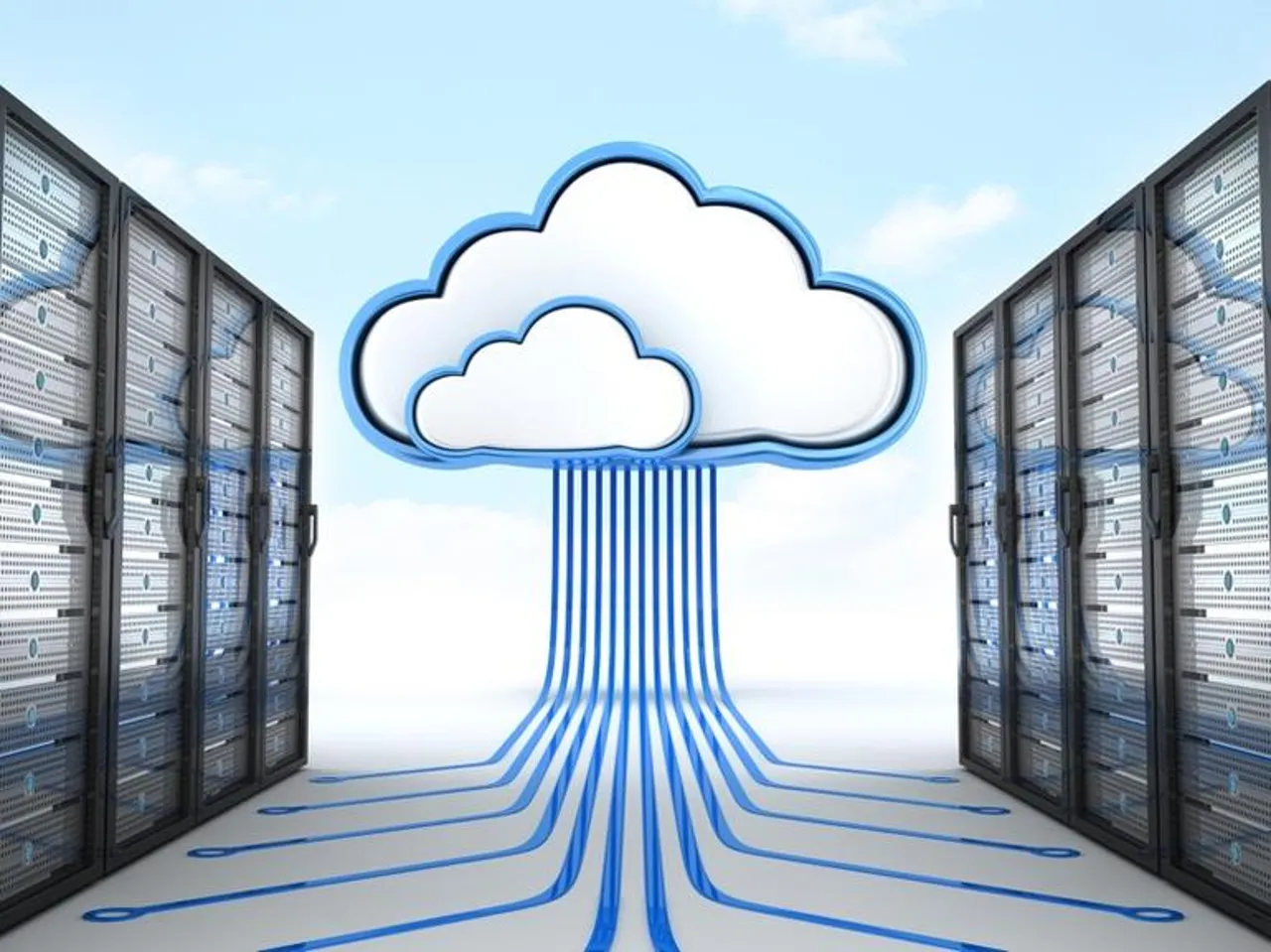What’s next for AI: Gary Marcus talks about the journey toward robust artificial intelligence

Gary Marcus is one of the more prominent, and controversial, figures in AI. Going beyond his critique on Deep Learning, which is what many people know him for, Marcus puts forward a well-rounded proposal for robust AI
Read More →AI and automation vs. the COVID-19 pandemic: Trading liberty for safety

Reports on the use of AI to respond to COVID-19 may have been greatly exaggerated. But does the rush to pandemic-fighting solutions like thermal scanners, face recognition and immunity passports signal the normalization of surveillance technologies?
Read More →Data governance and context for evidence-based medicine: Transparency and bias in COVID-19 times

In the early 90s, evidence-based medicine emerged to make medicine more data-driven. Three decades later, we have more data, but not enough context, or transparency.
Read More →Garbage in, garbage out: Data science, meet evidence-based medicine

Did you ever wonder how data is used in the medical industry? The picture that emerges by talking to the experts leaves a lot to be desired.
Read More →Scientific fact-checking using AI language models: COVID-19 research and beyond

Fact or fiction? That's not always an easy question to answer. Incomplete knowledge, context and bias typically come into play. In the nascent domain of scientific fact checking, things are complicated.
Read More →Graph analytics and knowledge graphs facilitate scientific research for COVID-19

State of the art in analytics and AI can help address some of the most pressing issues in scientific research. Here is how top scientists are using them to facilitate coronavirus research.
Read More →Data science vs the COVID-19 pandemic: Flattening the curve — but how?

Whether they are epidemiologists or not, a few people have attempted to use data and predictive models to model the COVID-19 pandemic. Let's look at the models, the data, and the assumptions and implications that come with them
Read More →Data science vs social media disinformation: the case of climate change and the Australian bushfires

While a newly released World Weather Attribution study ties the Australian bushfires to anthropogenic climate change, disinformation on social media abounds
Read More →Make software great again: can open source be ethical and fair?

Is there a way to go beyond open source, and have ethical, fair software in a cloud-first world? This is what some people in the open source community think. In the 20 years since its inception, open source has turned out to be the most successful model for building software. The world today runs on […]
Read More →Amazon and commercial open source in the cloud: It’s complicated

What do the data tell us about the relationship between cloud vendors — specifically, Amazon and commercial open source vendors?
Read More →